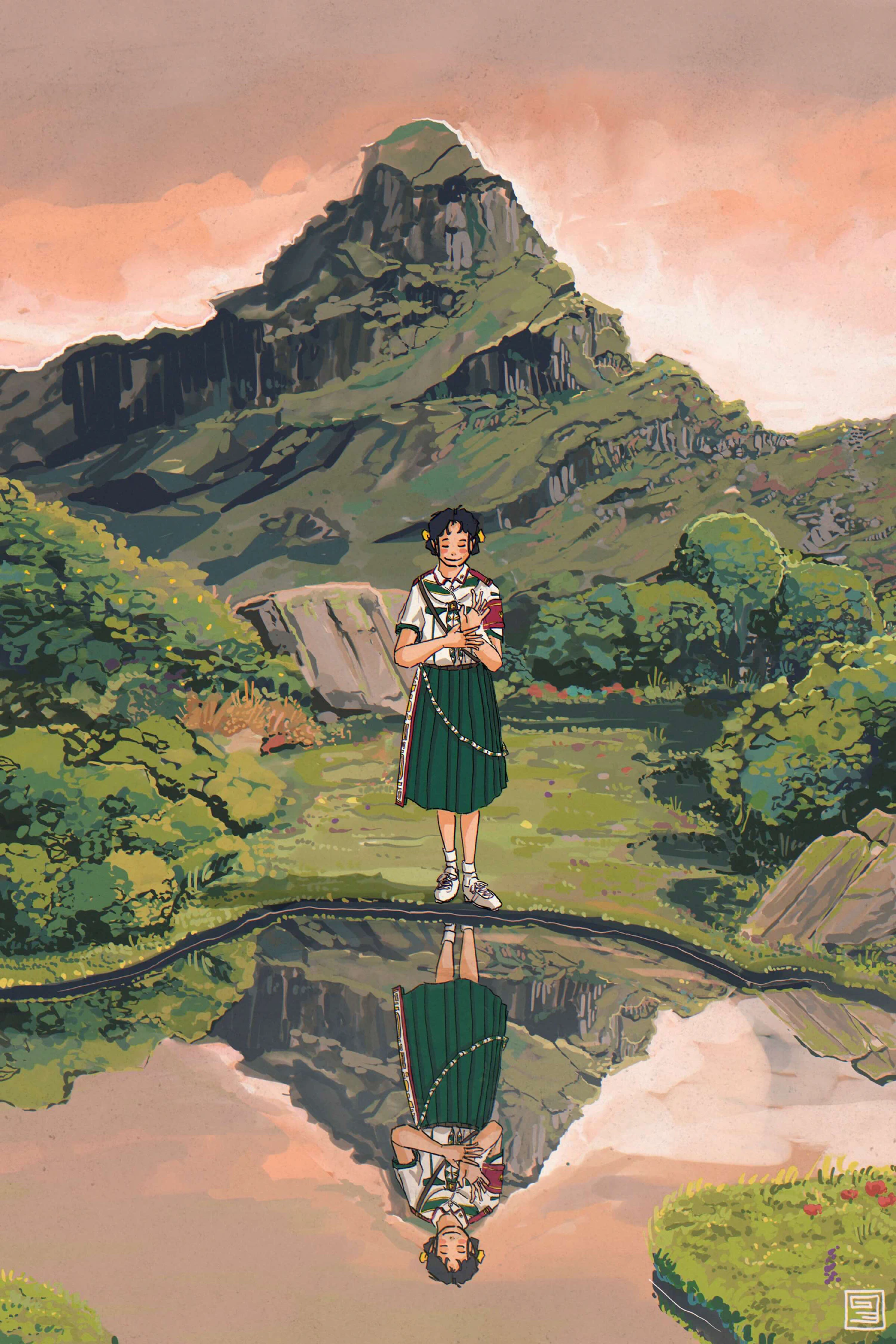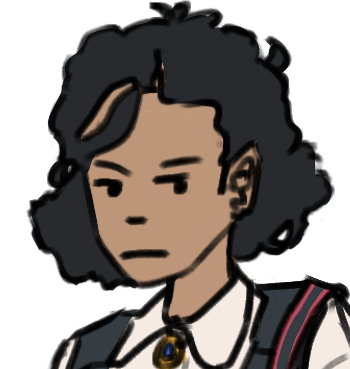NEW Story: Sunday Morning
Crown Land of No King

It would be misleading to characterise Vekllei as environmentalist in the usual idea of the word. Vekllei is no such thing. This is obvious in subtle ways, like Newda’s Dumousiantopet, or “beautiful and seperate,” which advocates the separation of human and natural design. It is also policy; Vekllei is dependent on its landscape as part of Autosuffisouitopet, or “self-sustenance,” and to this end sinks forests for hydroelectric dams and topples mountains for novel urban projects.
But unlike most developed countries, Vekllei policy is still informed by an unwavering fear of the natural world. This is a country where belief in demons and fairies and trolls abound; where rivers carry names and biographies; and where Upen’s gentle animism resurrects most material into life. Vekllei is also geologically active, home to some of the world’s largest active volcanoes that grow in the tectonic fissures atop which the country sits. The forests they may sink; but should certain mountains come back to life, entire cities will be consumed in fire and ash.
This inspires a fear of nature as old as the history of human settlement in the country. Most Vekllei people worship a pantheon of traditional animist gods alongside abrahamic or local faiths. This is a culture in which all things have value, and so the national superego has declined to position human civilisation as unique and consequently exploitative. To this end, Vekllei’s segregationist environmental policy is inversely a symptom of this direct connection with nature, and a cultural fear of the unknown.
Today, this is obvious in the “forbidden regions” of the country. After the war, vast territories of the interior were designated as Kronaismioudelfia, or “crown land”. These forbid sovereign entry or human exploration in any capacity other than personal curiosity. These are dark pockets of ancient wilderness, where myth and legend abound. If you enter them and become lost, only volunteers will seek you out — for the purposes of the Vekllei government, you have exited the sovereignty of the nation-state. They function in part as natural reservations, but that neglects just how isolated, wild and untouchable these regions are.
At first glance, this might seem archaic and superstitious, but like most spirituality-as-policy in the country, it serves a foundational component of Vekllei society (and subsequently, the economy). As Vekllei seeks out deindustrialisation via post-scarcity systems, a sincere respect for landscape as living and dangerous becomes essential. Mere appreciation or stewardship in abstract is, by Vekllei metrics, not much different than naked exploitation. Removing human constructions from landscape also necessitates the dismantling of landscape, cartography and tourism conceptually. There are few national parks in the country, but hundreds of Kronaismioudelfia. Deep within them lurk unmapped, undocumented things — and at their hearts are pure springs, grasslands of eternal life, spirit dwellings and the souls of your ancestors.
In this image, Tzipora meets her reflection with the Upotenne sign for peace and friendliness. Reflections of mirror-pools in Vekllei are believed to be places to meet spirits. While your reflection may not be a spirit, your reflection is closer to their world than your own, as a deconstruction of image and physicality. In this sense, Tzipora is hoping her gesture may carry through into the other worlds and convince them of human peacefulness. Such gestures are good manners, considering she is no longer in sovereign human territory and stands in the land of gods.
